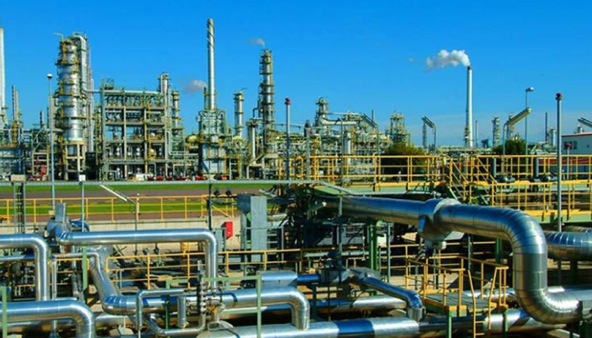Prominent businessman and senator, Jimoh Ibrahim, has expressed deep concerns over the prolonged failure of the $11 billion Ajaokuta Steel Project, describing it as a monumental economic setback for Nigeria. Speaking on the project’s stalled progress, he highlighted the missed opportunities for industrial growth, job creation, and economic diversification.
A Vision Unfulfilled
The Ajaokuta Steel Project, initiated in 1979, was envisioned to transform Nigeria into an industrial powerhouse. However, decades of mismanagement, underfunding, and legal disputes have left the facility dormant despite billions of dollars in investment. Ibrahim lamented that the project, once a beacon of hope for the nation’s industrialization, has turned into a symbol of unfulfilled potential.
Economic and Strategic Losses
Ibrahim pointed out the vast economic opportunities lost due to the project’s stagnation. A functional Ajaokuta Steel Plant could have significantly reduced Nigeria’s dependence on imported steel, supported infrastructure development, and boosted related industries. He noted that the failure to operationalize the plant has left the country lagging in industrial competitiveness on the global stage.

Challenges and Missteps
The senator attributed the failure to a combination of factors, including:
- Policy inconsistencies: Shifts in government priorities over successive administrations.
- Corruption: Mismanagement of funds and resources allocated for the project.
- International disputes: Protracted legal battles with contractors and foreign partners.
- Neglect of infrastructure: Inadequate investment in ancillary facilities like railways and power supply.
Call for Action
Ibrahim urged the government to take decisive steps to revive the project. He proposed forming a task force comprising experts, stakeholders, and international partners to reassess the feasibility of resuming operations. He also called for transparent policies and stronger accountability mechanisms to prevent further setbacks.
Broader Implications
The failure of the Ajaokuta Steel Project has wider implications for Nigeria’s industrialization efforts. Analysts argue that resolving the challenges surrounding the project could serve as a blueprint for addressing similar issues in other critical sectors.
Conclusion
Jimoh Ibrahim’s remarks underscore the urgency of revisiting the Ajaokuta Steel Project and addressing its longstanding challenges. Reviving the plant could unlock immense economic benefits, reaffirming Nigeria’s commitment to industrial growth and sustainable development.
Support InfoStride News' Credible Journalism: Only credible journalism can guarantee a fair, accountable and transparent society, including democracy and government. It involves a lot of efforts and money. We need your support. Click here to Donate
